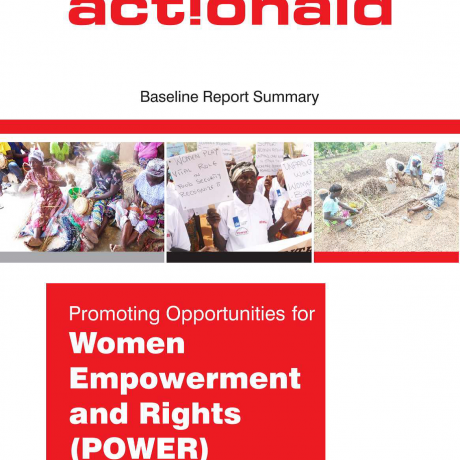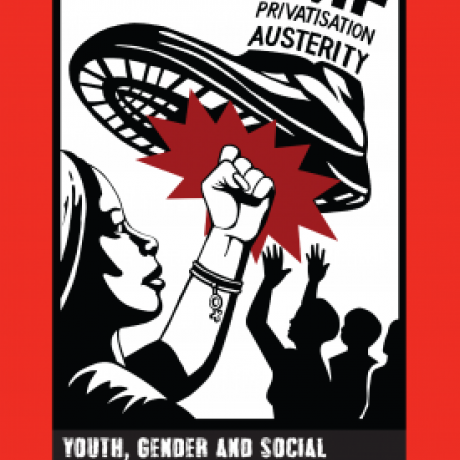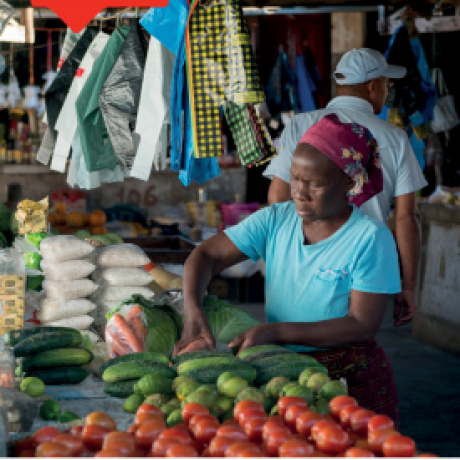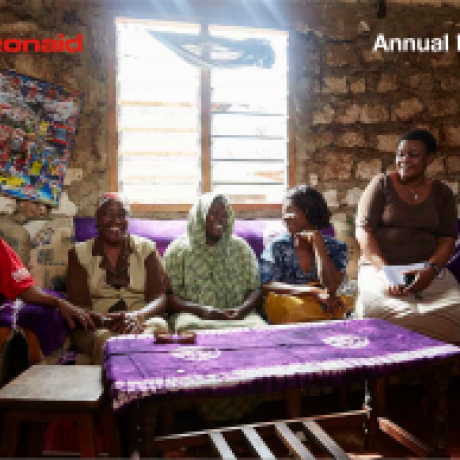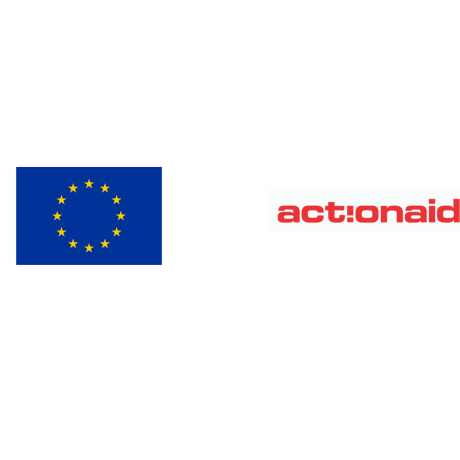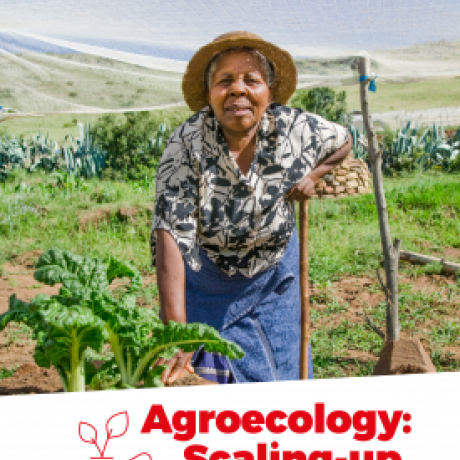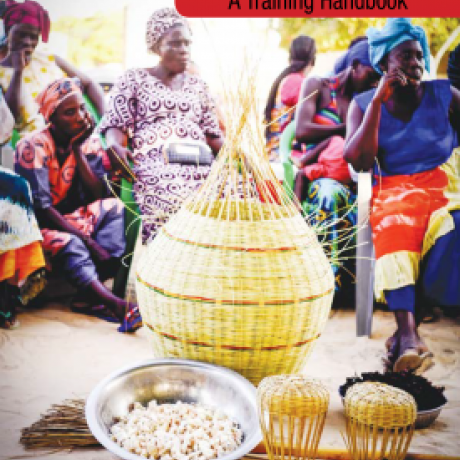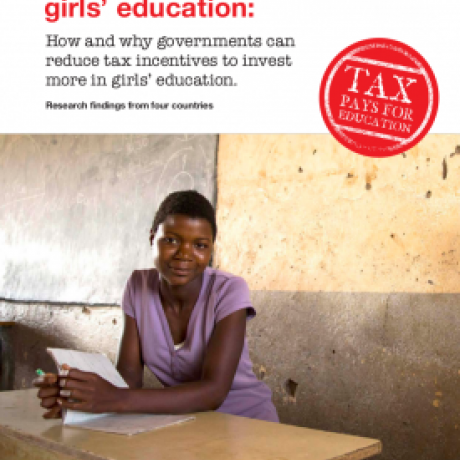Publications
Youth, Gender and Social Protection: Rebuilding systems for the 21st century
This paper is an excerpt from AAI’s preliminary report, Youth, Gender and Social Protection: Rebuilding Systems for the 21st Century. It is written with a focus on young women and men, whose futures
Short-Changed: How the IMF's tax policies are failing women
In recent years the International Monetary Fund (IMF) and other multilateral institutions have placed an increased emphasis on gender inequality and the need to address it. This trend has peaked since
2017 ActionAid International Annual Report
In 2017 we began to implement our new 10-year Strategy 2028: Action for Global Justice which seeks to increase the collective impact we make on the big challenges that people living in poverty and
Country Strategy Paper VI 2018 - 2022
Guiding ActionAid Ghana's work for the next five (5) years, the Country Strategy Paper VI (CSP VI): 2018 - 2022, "People's Power for Social Justice" outlines our mission priorities, strategic enablers
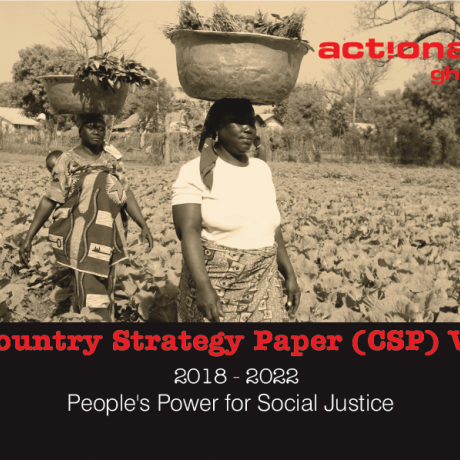
2017 Annual Report
The final account of our work under the Country Strategy Paper V (CSP V) under the theme, "Increasing Possibilities, Claiming Rights", ActionAid Ghana’s 2017 Annual Report reveals the widening gap
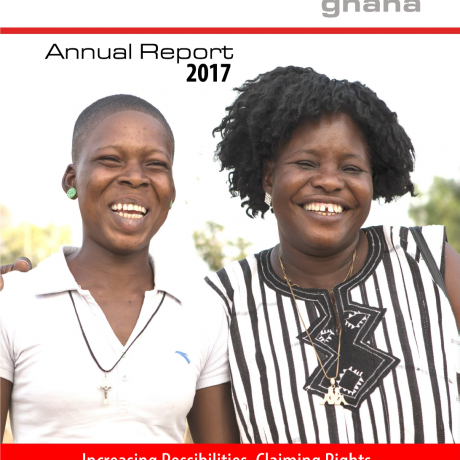
Simplified Version of ACDEG
Find out more about the African Charter on Democracy, Elections and Governance (ACDEG) by downloading this simplified two-page leaflet published by Media Foundation for West Africa (MFWA) as part of
Agroecology: Scaling-up, scaling-out
ActionAid joins growing global calls to ‘scale-up’ and ‘scale-out’ agroecology. As governments and donors meet at the UN Food and Agriculture Organization (FAO) 2nd International Symposium on
Gender Sensitive Access to Markets: A Training Handbook
Women’s access to markets remains a significant challenge for many of the groups that ActionAid works with. Women face multiple barriers and inequalities to accessing markets, which are often seen as
Making tax work for girls’ education: How and why governments can reduce tax incentives to invest more in girls’ education
We are launching these documents at the Global Partnership for Education replenishment meeting in Senegal in February 2018. The Global Partnership for Education has set an important example in
POWER Baseline Report Summary
About POWERActionAid’s five year POWER (Promoting Opportunities for Women’s Empowerment and Rights) project is taking place in Ghana, Rwanda, Bangladesh and Pakistan, supported by the Ministry of
